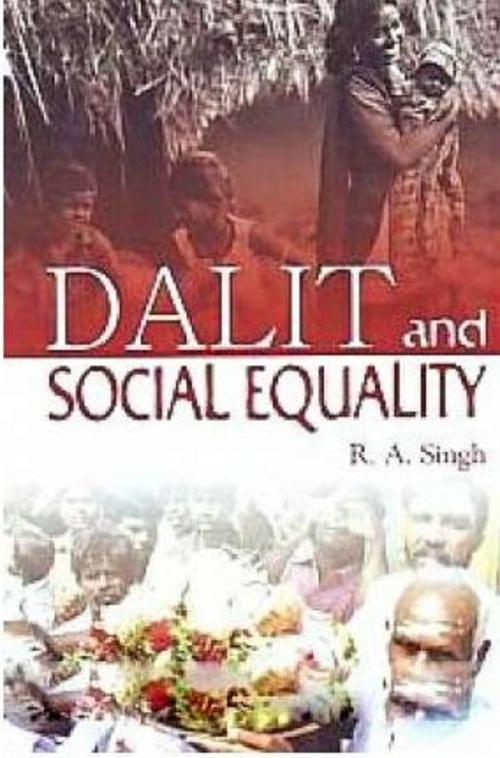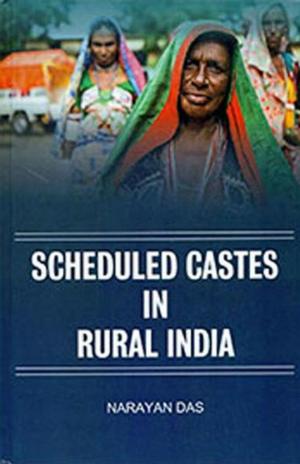| Author: | R. A. Singh | ISBN: | 9789387846586 |
| Publisher: | Anmol Publications PVT. LTD. | Publication: | June 30, 2014 |
| Imprint: | Anmol Publications PVT. LTD. | Language: | English |
| Author: | R. A. Singh |
| ISBN: | 9789387846586 |
| Publisher: | Anmol Publications PVT. LTD. |
| Publication: | June 30, 2014 |
| Imprint: | Anmol Publications PVT. LTD. |
| Language: | English |
Dalit is a designation for a group of people traditionally regarded as untouchable. Dalits are a mixed population, consisting of numerous social groups from all over South Asia; they speak a variety of languages and practice a multitude of religions. There are many different names proposed for defining this group of people, including Panchamas ("fifth varna"), and Asprushya ("untouchables"). In 2001, the proportion of Dalit population was 16.2 percent of India’s total population. The Dalit population is broadly distributed across Indian states and districts. In 2001, the state of Punjab had the highest proportion of its population as Dalit, at about 29 percent, and the state of Mizoram had the lowest at nearly zero. The government of India recognises and protects them as Scheduled Castes. The term Dalit has been interchangeably used with term Scheduled Castes, and these terms include all historically discriminated communities of India out-caste and Untouchables. The book will be useful to the teachers and students of political science, sociology and Dalit studies.
Dalit is a designation for a group of people traditionally regarded as untouchable. Dalits are a mixed population, consisting of numerous social groups from all over South Asia; they speak a variety of languages and practice a multitude of religions. There are many different names proposed for defining this group of people, including Panchamas ("fifth varna"), and Asprushya ("untouchables"). In 2001, the proportion of Dalit population was 16.2 percent of India’s total population. The Dalit population is broadly distributed across Indian states and districts. In 2001, the state of Punjab had the highest proportion of its population as Dalit, at about 29 percent, and the state of Mizoram had the lowest at nearly zero. The government of India recognises and protects them as Scheduled Castes. The term Dalit has been interchangeably used with term Scheduled Castes, and these terms include all historically discriminated communities of India out-caste and Untouchables. The book will be useful to the teachers and students of political science, sociology and Dalit studies.















